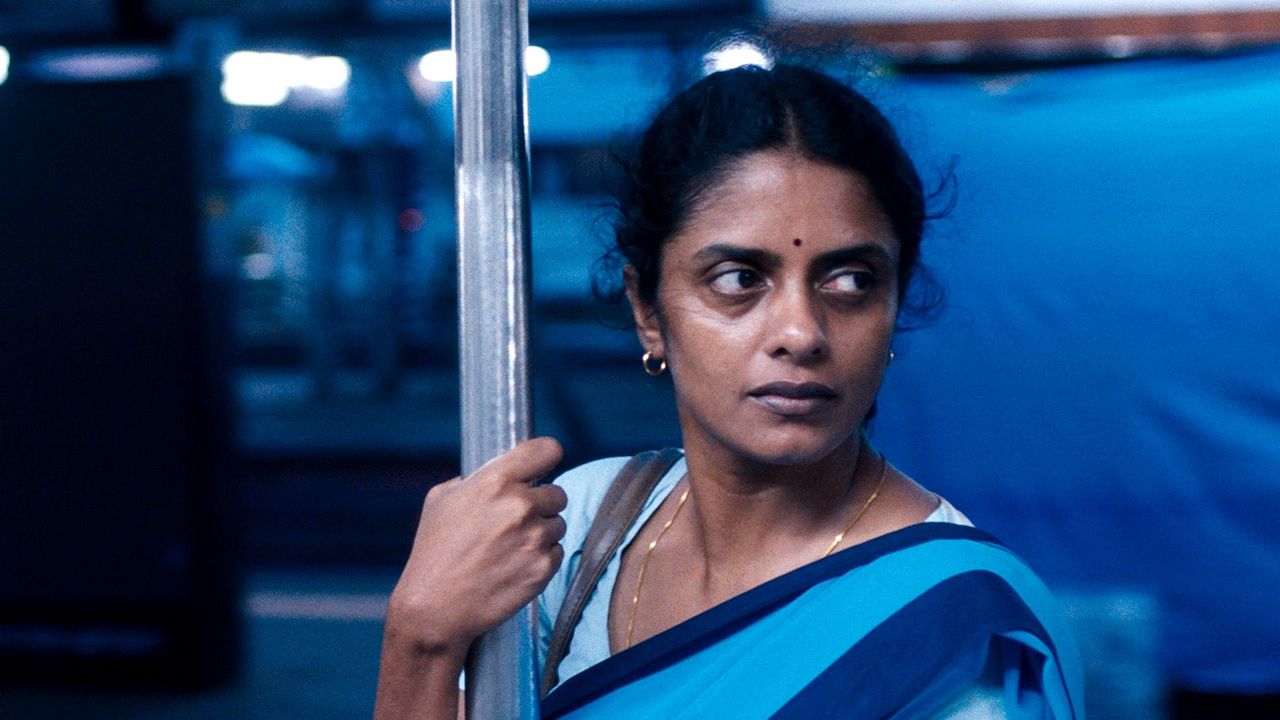Payal Kapadia’s new film All we imagine as light (2024) is an extraordinary meditation on urban life in contemporary India. The mobile and panoramic cinematography conveys the full scale of Mumbai as a kind of affective phantasmagoria. Mumbai is well known of course as a “cinematic city” but All we imagine as light is something quite different from more familiar genres of Indian cinema. The film presents a subtle and compelling drama focused on the lives of two nurses, Prabha and Anu, and a cook, Parvathy, who work at a hospital in Mumbai. The use of nocturnal urban landscapes and rich sonic textures provides an emotional depth to the relations between different characters, their longing for distant others, and their sense of alienation from the city around them. “Some people call this the city of dreams; I think it is the city of illusions. You have to believe the illusion, or else you go mad.”
Interestingly, the film is a co-production between France, India, Netherlands, Luxembourg and Italy, thereby mirroring some of the earlier important international collaborations that have supported key developments in global cinema, such as Japan in the early 1960s. It is the first Indian film to win the Grand Prix at the Cannes Film Festival and the critics panel for Sight & Sound also named it the best film of 2024.
